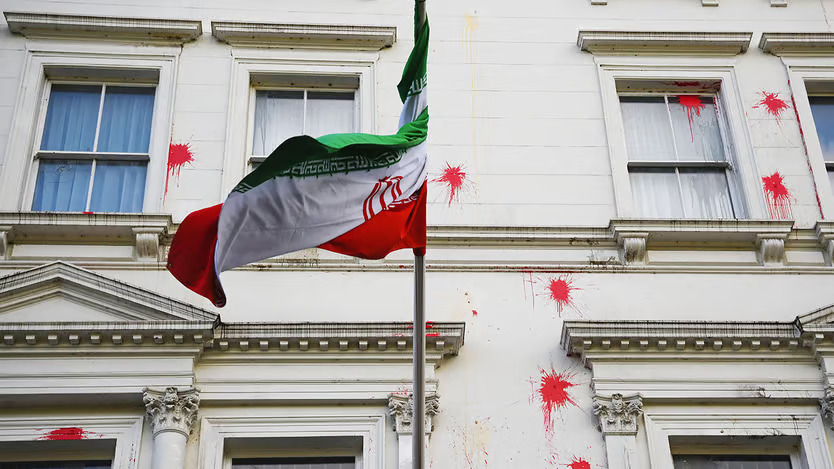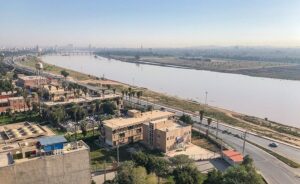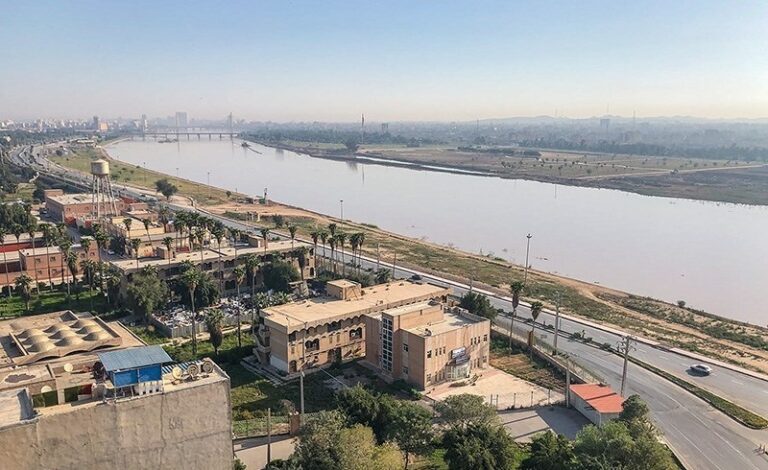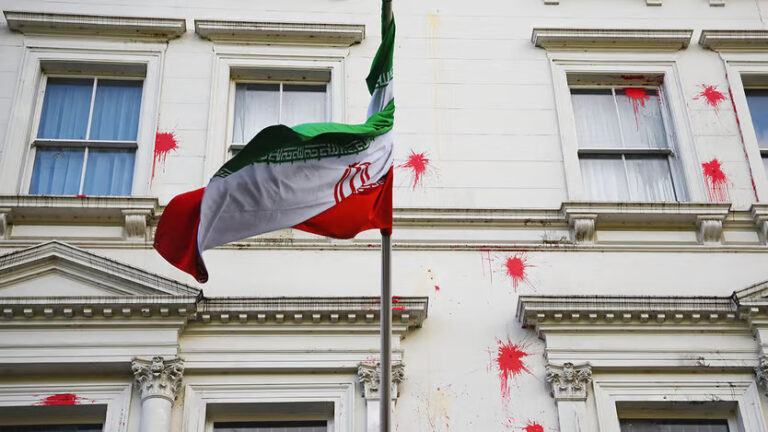The Real Face of the Iranian Regime
By Retaj
The Iranian regime, led by Ali Khamenei, has long portrayed itself to the world as the voice of “dignity” and “resistance,” consistently rejecting any dialogue with what it calls “the Great Satan.” However, when national interests are at stake, the regime does not hesitate to backtrack on its so-called red lines—even accepting what it once labeled as treason: negotiating with America.
According to leaks revealed by The New York Times from a secret meeting held in Tehran, Iran’s Supreme Leader agreed to initiate indirect negotiations with the Trump administration, even opening the door to direct talks if conditions allowed. This shift occurred only when Khamenei felt the regime’s survival was at risk.
This retreat should not be mistaken for political flexibility or strategic pragmatism. Rather, it is a silent admission that the regime’s revolutionary rhetoric was never rooted in deep conviction. It was merely a tool to maintain internal control and rally the masses under the guise of resistance.
When the ground trembled beneath the regime, all psychological and ideological barriers suddenly collapsed. The “Great Satan” no longer seemed so great, and negotiations were no longer considered betrayal. Everything became negotiable—as long as it ensured the regime’s continued rule.
For decades, the regime’s legitimacy was built on a set of so-called “constants”: no compromise on the nuclear program, no negotiations with America, and no abandonment of regional allies. Yet today, there are reports that Iran is willing to accept strict nuclear monitoring and may even distance itself from regional proxies that have drained its finances, resources, and human capital.
From rejecting “hegemony” to trying to reach an understanding with it, from decrying “foreign intervention” to negotiating through international mediators. The world hasn’t changed—what has changed is the regime’s position, shifting from a place of power to one of fear.
Ironically, the regime persists in repeating the same slogans in its domestic media while secretly engaging in negotiations. This disconnect between rhetoric and reality is no longer hidden. The Iranian public—especially the youth—recognizes that what was once sold as “principles” was merely a mechanism of control.
A new generation has grown up amid repression, unemployment, and international isolation. The slogans of “independence” no longer resonate; to them, those words now mean poverty, suffocation, and oppression. They see clearly that the regime is willing to concede everything when its foundations are shaken—yet refuses to concede anything when the people demand change.
Accepting negotiations with America is not merely a diplomatic move; it is a moment of revelation—a moment when the regime strips away its slogans, both before itself and before the world. It has become clear that all red lines can be crossed and all slogans abandoned—if the price is staying in power.
In Khamenei’s logic, “saving the regime is more important than principles.”









